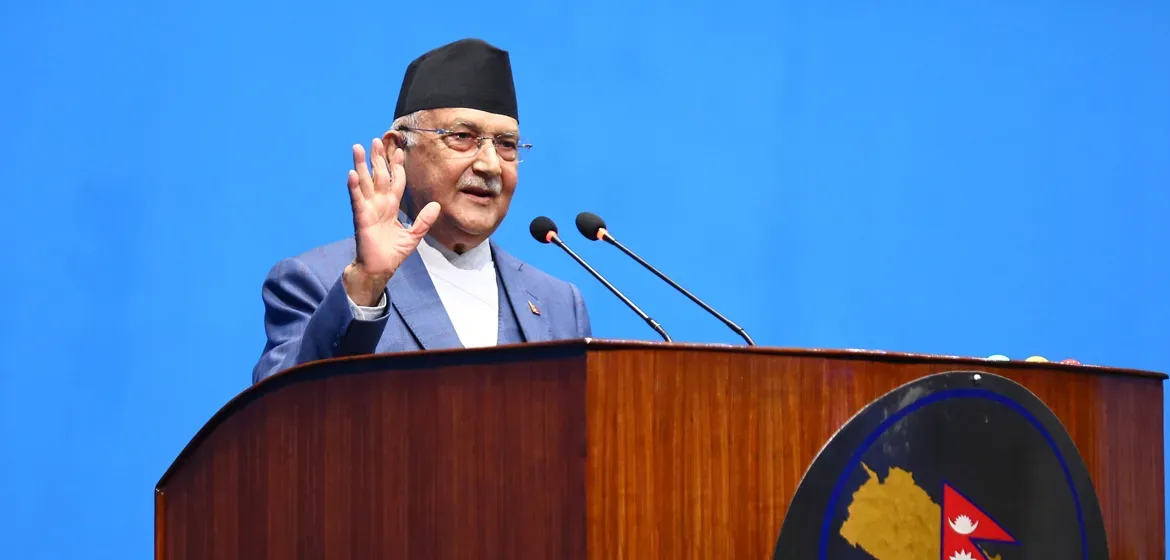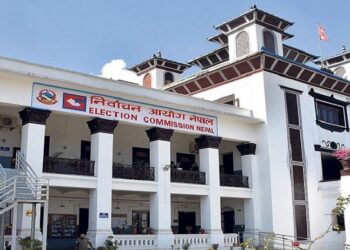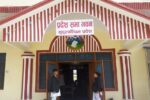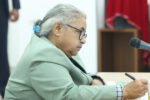KATHMANDU: Prime Minister (PM) KP Oli secured a decisive two-thirds majority in the 275-member House of Representatives, receiving a vote of confidence from 188 MPs during Sunday’s meeting.
Out of the 263 MPs present, 74 voted against Prime Minister Oli, with 1 remaining neutral.
This substantial mandate marks a pivotal moment for PM Oli, who has faced criticism for dissolving Parliament twice before.
It presents an opportunity for him to address past mistakes and weaknesses.
However, despite this vote of confidence, Prime Minister Oli confronts several significant challenges.
Coalition with Nepali Congress
Nepali Congress, the largest party in the Parliament, has agreed to support CPN-UML Chairman KP Oli under a 7-point agreement.
According to this agreement, PM Oli will lead the government for the next 24 months, with Nepali Congress assuming leadership for the remaining 17 months.
Historically, Prime Minister Oli has struggled to honor agreements with coalition partners.
Notably, previous agreements with Maoist Center’s Chairman Pushpa Kamal Dahal ‘Prachanda’ were not fully implemented before the 2074 BS elections.
The implementation of his agreement with Nepali Congress President Sher Bahadur Deuba remains to be seen, and its success will be pivotal in ensuring political stability.
Economic Revitalization
Nepal’s economy faces numerous challenges, exacerbated by the COVID-19 pandemic.
Prime Minister Oli’s administration must focus on economic recovery, job creation, and managing inflation to improve the livelihoods of citizens.
Managing Internal Party Dynamics
Despite his recent electoral success, internal dissent within CPN-UML poses a threat to Oli’s leadership.
Balancing party interests and maintaining cohesion will be crucial for his political longevity.
Diplomatic Relations and Geopolitical Balance
Nepal’s strategic positioning between India and China necessitates careful navigation of diplomatic relations.
Strengthening ties with both neighbors while safeguarding national sovereignty is a delicate task for Oli’s administration.
Prime Minister Oli’s ability to address these challenges will determine the trajectory of Nepal’s political landscape and economic stability in the coming months.
Constitutional Amendment: A Crucial Element in Political Stability
As part of the 7-point agreement between the Nepali Congress and UML for power-sharing, the issue of constitutional amendment emerges as a cornerstone for maintaining political stability in the country.
Point 2 of the consensus outlines, “Following the Constitution’s enactment, a government of national consensus will assess its operational strengths, weaknesses, and complexities. Priority will be given to necessary constitutional amendments and corresponding legislation to ensure political stability.”
Despite Prime Minister Oli securing a two-thirds majority in parliament, achieving consensus among all parties is essential for constitutional amendments.
While Nepali Congress and UML are prepared to review the number of federal and state parliaments and governments, reaching consensus remains challenging.
Each party holds distinct interests regarding constitutional amendments.
CPN-Maoist Center expresses concerns that the proportional and inclusive practices they’ve advocated may be compromised.
Maoist Center Chairman Pushpa Kamal Dahal ‘Prachanda’ has voiced fears that the rights of women, Dalits, tribals, and marginalized communities might be at risk.
Meanwhile, Janata Samajwadi Party Nepal, led by Upendra Yadav, raises separate issues such as citizenship within the amendment process.
Madhesh-based parties, including Janata Samajwadi Party, link constitutional amendment with citizenship issues, posing additional challenges for PM Oli.
On another front, Rastriya Prajatantra Party (RPP) advocates for reinstating Nepal as a Hindu state in the Constitution, advocating the abolition of secularism and federalism.
RPP Chairman Rajendra Lingden has indicated that his party would consider supporting the government if the Congress-UML demonstrates flexibility on this matter.
Navigating these diverse interests and concerns will be critical for Prime Minister Oli to foster unity and achieve meaningful constitutional amendments, thereby ensuring enduring political stability in Nepal.
Managing the country’s strained economy poses a formidable challenge for the KP Oli-led Congress-UML coalition.
During Sunday’s parliamentary meeting, Maoist Center MP Madhav Sapkota launched a scathing critique against PM Oli, accusing his government of favoring large industrial houses by instructing electricity connections, which, according to another Maoist leader Barshaman Pun, underscores concerns about middlemen influencing government decisions.
While PM Oli seeks to cultivate trust among businessmen and the broader private sector, he faces scrutiny over allegations that over 8 billion rupees in electricity charges are at risk of being written off.
Furthermore, Pun criticized Oli’s appointment of a middleman to the securities board.
Maintaining confidence in the stock market, which has shown enthusiasm following Bishnu Poudel’s appointment as Finance Minister, remains another pressing challenge for the government.
The success of the Nepali Congress-UML government hinges significantly on its ability to mobilize capital effectively, especially as concerns linger over disappointing development budget expenditures.
Learning from Past Errors
Oli’s track record includes the controversial dissolution of Parliament on two occasions, both of which were later overturned by the Supreme Court.
Despite this, criticism surrounding these actions persists, with Maoist Center and United Socialist raising these concerns during Sunday’s parliamentary proceedings.
Madhav Kumar Nepal, Chairman of the Unified Socialist Party, emphasized the need for PM Oli to apologize and engage in self-reflection regarding these past decisions.
He underscored the importance of leadership credibility and honesty, urging Oli to draw lessons from his experiences.
Meanwhile, MPs from the Maoist Center also reminded Oli of his past actions, expressing skepticism about potential future controversies under his leadership.
For Oli, who faces the challenge of maintaining a coalition government with nearly two-thirds majority, this period represents an opportunity to rectify past mistakes and build trust with the Nepali Congress, a longstanding rival in Nepali politics.









Comment